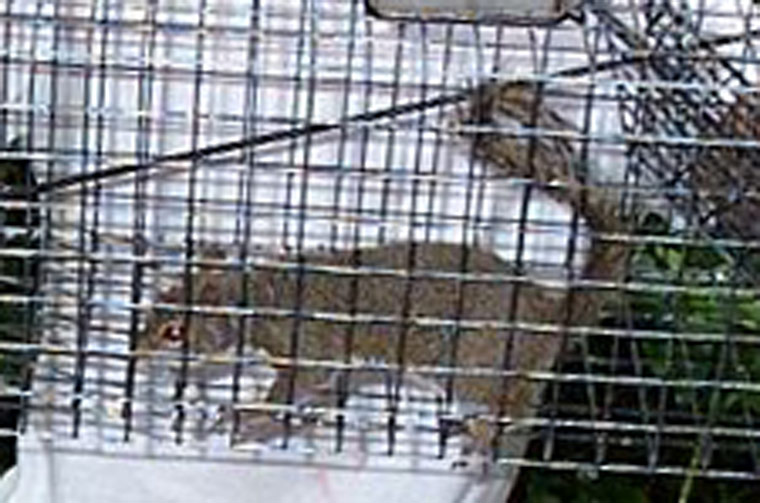- info@wildlife-removal.com
Call us for help in your town
Wildlife Removal Education
A List of Squirrel-Borne Diseases
Need squirrel removal in your hometown? We service over 500 USA locations! Click here to hire us in your town and check prices - updated for year 2020.
We all know that wild critters are famous for carrying a string of diseases that you just wouldn’t want to invite into your home. Rats, for example, were once responsible for the spread of fleas and mites that caused the death of millions of people – the ‘Black Plague’ or ‘Black Death’, also known as Bubonic Plague.

Raccoons are the same, although, it isn’t the plague that you need to worry about so much, but more the risk of a rabies outbreak. Raccoons are rarely permitted to be released back into the wild again, because of this high rabies threat.
Squirrels, although seemingly innocent in all this, are just as dangerous as their fellow scavengers, with associated diseases and conditions that include Lyme disease, Leptospirosis, Salmonellosis, Tularaemia, and even rabies.
We’ll start with rabies...
It is incredibly rare for a squirrel to have rabies, although, all warm-blooded mammals have the potential to carry and pass along the virus. Any bites from a squirrel, including those delivered to your pet, will need to be checked out by a doctor or vet to rule out any potential rabies infections. It is a disease that can only be treated and diagnosed in its early stages.
Leptospirosis is no better...
With a series of rather random symptoms, including headaches, muscle aches, a rash, vomiting or an upset stomach, and a fever, you would be forgiven for thinking that you had a case of the flu, should you contract the disease from squirrel feces and urine. Leptospirosis is actually a condition that has been linked to almost all wild animals that you may find invading your home, business, or yard, and is usually passed on by way of contaminated fecal matter or urine.
Tularemia is very unpleasant ...
Again, the early symptoms of this squirrel-borne disease can look very much like the flu too, making most wild animal-borne disease quite hard to diagnose. In almost all cases, people will believe they are just under the weather at first, perhaps not even aware that they have been in contact with something that could make them sick at all. If you haven’t physically seen a squirrel in your home or on your property, you might not make the link between your new sick status and the potential culprit – the animal. If this is the case, you might leave it a few days before seeking professional medical help and, therefore, delay treatment and lengthen recovery times.
Serious symptoms can arise as a result of contracting Tularemia, including ulcers and swollen lymph nodes.
Lyme disease is caused by ticks ...
Squirrels can carry parasites that carry disease, as well as the disease itself, and this is what happens with Lyme disease. The squirrels carry infected ticks, those ticks bite people, and the disease is spread. This disease can be fatal, leading to spinal cord inflammation, brain damage and inflammation, pain in the nerves, and even muscle and joint stiffness.
Salmonellosis ... Not just another case of food poisoning!
How many times have you had an upset stomach and believed it to be due to undercooked food or a dodgy takeout meal? Did you know that wild animals could also be the root cause of that illness, and, once again, the bacteria is usually carried in the urine and fecal matter left behind by the squirrel.
With vomiting, severe stomach cramps, a fever, and a very unwell feeling, this is not something you’d want to readily invite into your home.
The diseases that come hand in hand with not just squirrels, but also other wild animals, can be deadly when they are not diagnosed and treated. If you are unaware that you have even been in contact with a wild animal, you won't know that your symptoms have been caused by something animal-borne. That squirrel in your back yard might seem harmless enough, but when it gets closer, with the fleas, ticks, parasites, bacteria, and viruses, you’ll see that it’s not quite so innocent and harmless at all. In fact, quite the opposite!
Go back to the Squirrel Removal page, or learn tips to do it yourself with my How to Get Rid of Squirrels guide.


















